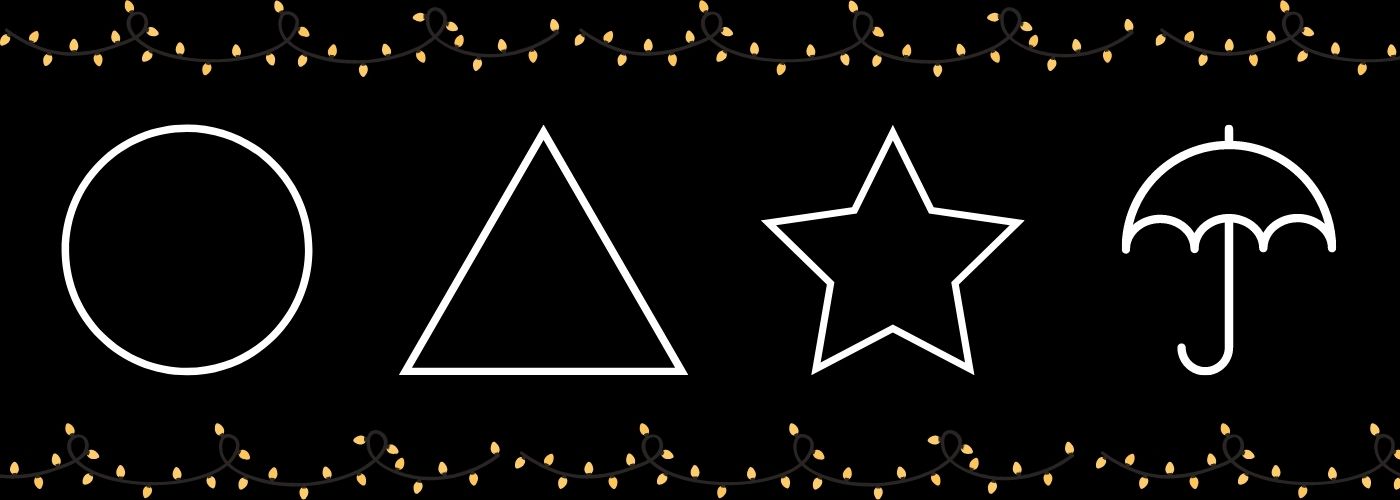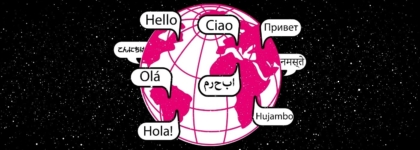Squid Game’s Subtitles: When Meaning Gets Lost in Translation
Updated: January 19, 2022
Discover the Benefits of Translation and Subtitling
Squid Game, a shocking dystopian thriller about class and capitalism in Korea, is on track to become Netflix’s most-watched show of all time. Viewers in hundreds of countries are binge-watching the Korean-language drama while reading subtitles—a testament to Parasite director Bong Joon-ho’s 2020 Oscar acceptance speech. “Once you overcome the one-inch tall barrier of subtitles,” Bong said, “you will be introduced to so many more amazing films.”
While subtitling and dubbing make Squid Game watchable for millions of viewers, bilingual and multilingual Korean viewers have called out inaccuracies in the translation that significantly impact the show’s meaning.
In this blog, we’ll explore the controversy behind the show’s subtitles, the repercussions of inaccurate and culturally uninformed translation, and why subtitling can prove challenging for even the biggest of streaming companies.
Captions or Subtitles: Which are Viewers Using?
An essential piece of the Squid Game controversy is the difference between captions and subtitles. Though many people use the terms interchangeably, their differences are profound: Captions are intended for viewers who can’t hear the audio in a video and include non-speech elements such as music and sound effects. Subtitles are intended for viewers who can’t understand the language in a video.
Many Korean speakers have used social media to discuss Netflix’s Squid Game translation, sometimes inadvertently equating captions and subtitles. One of the most popular videos on TikTok about the translation has received over 12 million views. In the video, Youngmi Mayer, a comedian and podcaster fluent in Korean, discusses numerous examples in which the dialogue is “botched” and how the inaccuracies ignore meaningful cultural nuances and tropes. Mayer also tweeted, “If you don’t understand Korean, you didn’t really watch the same show,” pointing to the profundity of translation and cultural context.
However, Mayer later noted that she made her original comments after watching Squid Game with English closed captions rather than English subtitles, an option not available for d/Deaf and hard-of-hearing viewers. In Squid Game, the closed captions seem to follow the dubbing scripts. Dubbing, which involves recording a spoken audio track in a different language and overlaying it into the original video as a replacement for the speaker’s voice, is notoriously tricky to get right. Dubbed dialogue needs to match the original dialogue’s onscreen duration and an actor’s syllables and lip movements, so it’s challenging to fit in complex translations.
Mayer later said Squid Game’s English subtitles are “substantially better” than the closed captions. However, she also said, “the misses in the metaphors—and what the writers were trying to actually say—are still pretty present.” Although Netflix’s subtitles provided superior translation to the captions, they still fell short on accuracy since they were missing cultural context. Additionally, Netflix provided an inferior viewing experience for people who rely on closed captions.
Learn how to select the right translation vendor ✅
What Inaccurate Translations Can Mean for Viewers and Creators
Mayer’s comments hint at a larger issue with video translation and have spurred a meaningful conversation around how inaccuracies can impact a show’s meaning and creator’s intent.
Inaccurate and culturally uninformed translations can create a different viewing experience for non-Korean speakers watching Squid Game, which many argue changes the show’s meaning. For creators, inaccurate translations are an unfair and disrespectful representation of their story. Though “compromise is inevitable in subtitle translation,” according to Darcy Paquet, who composed the English subtitles for Parasite, translators must pay close attention to cultural nuance and expression so as not to alter a creator’s meaning.
Given Squid Game’s immense popularity, it’s hard not to wonder how much more successful the show could be if viewers had a better understanding of the original dialogue and cultural context.
Why is Translation So Challenging?
In Netflix’s 2020 review, the company noted that views of foreign-language titles were up over 50% from 2019 and that views of Korean dramas had tripled. Netflix is also making a significant investment in Korean language content—in early 2021, they announced plans to spend nearly half a billion dollars throughout the coming year on Korean content.
So, with all the money spent towards Korean-language content, why is Netflix, the world’s largest streaming service, falling short on translation?
While we can’t answer this question as it pertains specifically to Netflix, we can speak to the challenges of subtitling.
For both subtitles and closed captions, there are character limits so that audiences have enough time to read text on the screen as it appears. If one line of dialogue in Korean is best translated with four lines of dialogue in English, this translation would be hard to fit into the allotted time frame and character limit, hence the common occurrence of less accurate but more concise translations.
Another challenge with translation is cultural nuance. Though a translator may understand a language, gaining cultural nuance is often only possible through deep integration in a country and culture. Dialogue usually contains region-specific slang, idioms, and cultural references, which can be hard to explain to foreign viewers in a script’s allotted time frame. For this reason, it is imperative that translators thoroughly understand a region’s culture to translate content correctly.
Learn the right questions to ask a translation vendor ➡️
3Play Media’s Video Translation Service
At 3Play Media, we offer a robust video translation and subtitling service that gives our customers peace of mind.
We integrate with over 20 major video players and platforms, seamlessly translating your content with little to no work on your end. With over 40 languages to choose from, you can ensure that your video content is understandable for a broad audience, no matter their language preference.
Our translations are done by professional linguists who ensure your video content is translated accurately and maintain the same cultural context as the original language.
Looking to partner with a video translation vendor that can achieve accuracy and cultural nuance? 3Play Media is here to help. Discover why more than 10,000 companies put their trust in us every year.








